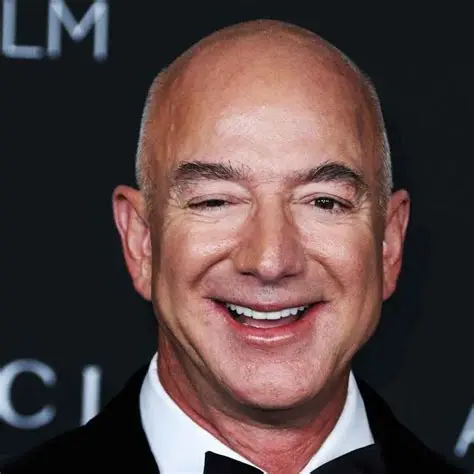Billionaire founder and former Chief Executive of Amazon, Jeff Buzos, is returning to the role of chief executive four years after stepping down from the online retail giant.
According to reports in the New York Times, Bezos has appointed himself co-CEO of a new artificial intelligence startup named Project Prometheus.
The company, which will focus on developing AI for engineering and manufacturing across a range of industries, has already secured $6.2bn in funding. This figure places it among the most heavily backed startups in recent memory, surpassing the lifetime fundraising capacity of many established firms.
Bezos will lead the company alongside Vik Bajaj, a physicist and chemist who has built a reputation as a prominent technology executive. Bajaj is best known for his work at Google’s experimental division, X, where he founded the health technology company Verily.
Details about Project Prometheus remain scarce. It is unclear when the company was established, and Bezos has not disclosed where it will be based or how its technology will operate. Nevertheless, the startup has already recruited around 100 employees, including talent drawn from leading AI firms such as OpenAI, DeepMind and Meta.
Bezos, the world’s third-richest person, has remained closely involved in his aerospace company Blue Origin since leaving Amazon, where he continues to serve as founder and sole shareholder. His decision to take on a formal leadership role at Project Prometheus marks his first return to the position of chief executive since stepping down from Amazon in 2021.
The move places Bezos and Bajaj in direct competition with some of the most prominent players in the AI sector. Companies such as OpenAI have attracted billions of dollars in investment, while others are spending heavily to accelerate the development of advanced AI models. The market has become increasingly crowded, with new entrants vying for talent, funding and technological breakthroughs.
Despite the enthusiasm surrounding AI, questions are being raised about the financial sustainability of the industry. Michael Burry, the investor best known for predicting the 2008 housing crisis, recently placed $1bn in bets against Palantir and Nvidia shares. His move came shortly after he accused several major technology firms of using accounting practices to “artificially boost earnings”.
Burry’s scepticism reflects growing concerns among analysts that the rapid expansion of AI may not be matched by long-term profitability. While the technology is widely seen as transformative, the scale of investment required to develop and train advanced models has prompted doubts about whether current valuations can be justified.
For Bezos, Project Prometheus represents a return to the kind of ambitious ventures that defined his career at Amazon. His leadership of the online retailer transformed it from a bookseller into one of the world’s largest companies, reshaping global commerce in the process. Whether his new AI enterprise can achieve similar influence remains to be seen, but the scale of its funding and the calibre of its leadership suggest it will be a significant player in the sector.
As the industry continues to evolve, Project Prometheus will face the challenge of distinguishing itself in a competitive market while addressing concerns about sustainability. Bezos’s re-emergence as a chief executive underscores both the opportunities and the risks inherent in the race to harness artificial intelligence for industrial and commercial use.



